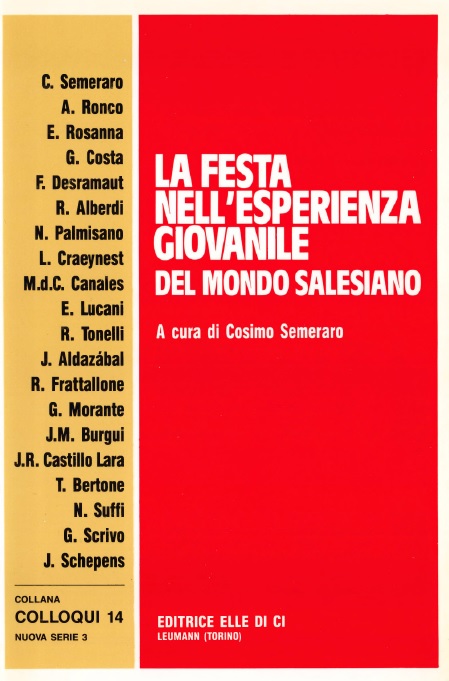Este trabajo de investigación abarca un periodo de 30 años (de 1892 a 1922). Para entender mejor esta etapa añado al inicio algunos datos sobre los Cooperadores Salesianos mexicanos, fundados en 1889 en la ciudad de México, pues ellos fueron los iniciadores de la Obra Salesiana.






